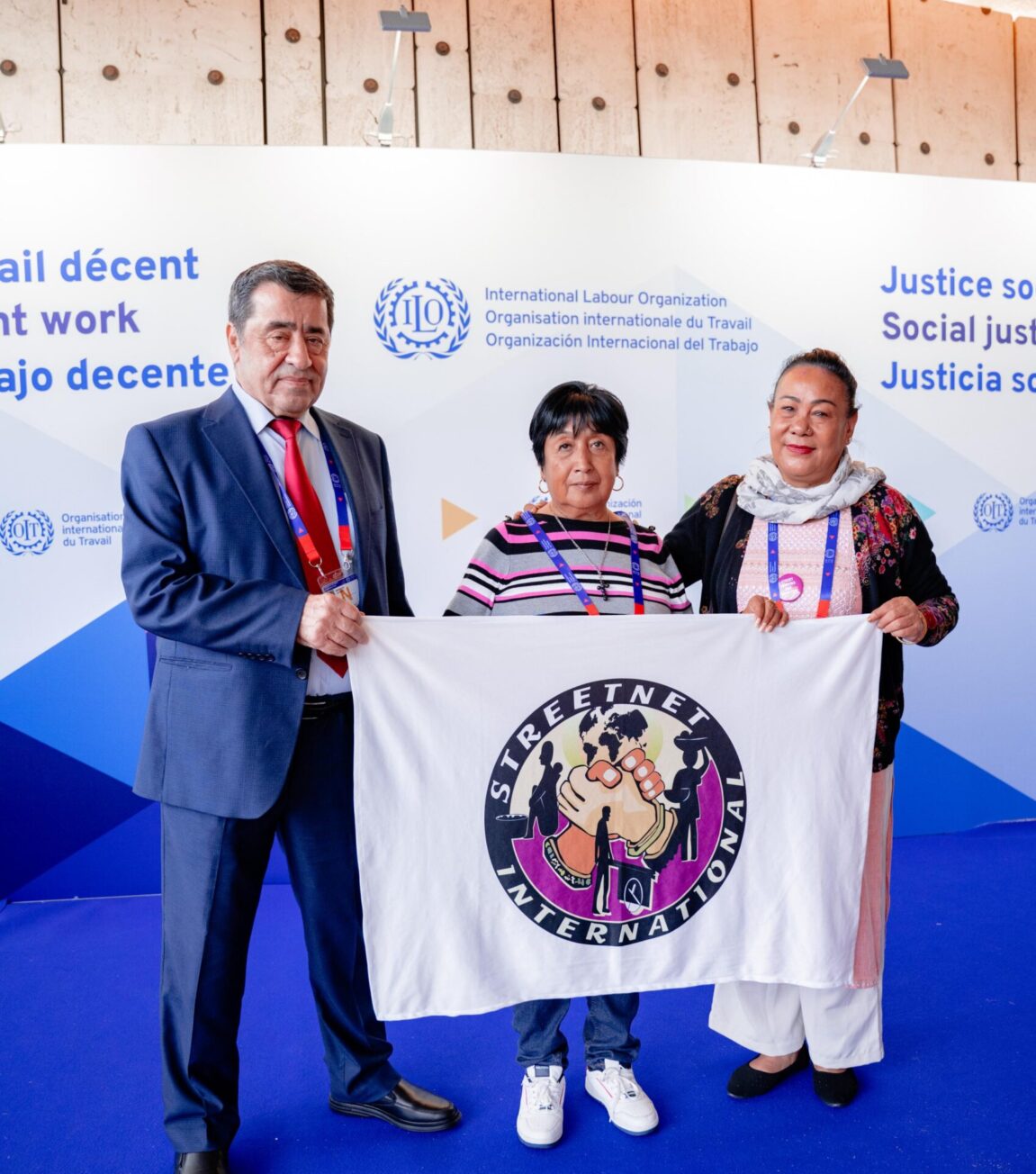22 July, 2016
By Oksana Abboud, StreetNet Media Officer
Different continents, languages and cultures but the same challenges for the informal traders around the world.
 Today we are going to discover another region of StreetNet family – Caucasus and talk about informal economy in Georgia.
Today we are going to discover another region of StreetNet family – Caucasus and talk about informal economy in Georgia.
Due to high level of unemployment in Georgia, the majority of the population is engaged in the informal economy sector. Unemployment in Georgia for many years was one of the most urgent problems. Furthermore, it had worse indicators in the whole region.
Informal employment is observed not only in agriculture but also in other fields of activity, such as: home-based workers, street vendors, domestic workers, private tutors and nurses, workers in family businesses, small producers, taxi drivers, construction workers and others.
Most people are lured into the informal economy for the simple reason that they simply do not have other means of livelihood, and because there is a shortage of decent work in the whole country, including a low level of wages.
In light of this situation, the only national trade union center in Georgia – the Georgian Trade Union Congress (GTUC) started to organize informal workers into unions and eventually a Self-Employed and Commercial Sector Workers Union of Georgia (SCWU) was established in 2009.
In 2013 SCWU held its own Congress with 45 delegates on which Ms Miranda Mandaria was unanimously elected as a President of the SCWU. The Trade Union has six Board Members and for today 550 members.
Among the main challenges the SCWU is facing are:
- Lack of social and legislation guarantees for informal sector workers
- Lack of proper legislation for informal economy workers
- Lack of knowledge of informal workers about their worker’s rights
- Engagement of students in informal sector, who usually leave their job very quickly

However, SCWU is always actively involved in members’ everyday work life. “We try our best to advocate them and usually represent before the court. According to our statistics, 97 % has good results in court. We also help them to deal with employers. Most recently we helped employees from supermarket chain “GOODWILL’’ where employees were not paid for their sick leave. We also had very good and different practice in other cases”, – states Miranda about her experience as a SCWU President and GTUC lawyer.
SCWU also gets a lot of support from the Georgian Trade Unions Confederation. The latter usually assist SCWU with technical support but also provides trade union with conference rooms and new equipment.
Just recently GTUC hosted an ITUC-PERC Conference on “Care economy and Women’s Rights” where such issues like informally employed women were one of the main subjects of discussion.
During the conference the recommendations for further development were presented and it was revealed that unions through social dialogue and negotiations can achieve ensuring the right to social protection for those engaged in the informal economy.
SCWU together with GTUC are currently preparing a proposal for the resolution of problems arising between the city mayor’s office and the street vendors, such as safety at workplace, hygiene etc.
They are also working together on implementation of the ILO Recommendation 204 on transition from informal to formal economy.
Thus, Miranda Mandaria attended the Sub-Regional Workshop on the ILO Recommendation No. 204 which took place in Baku, Azerbaijan on 13-14 June, 2016. It was a regional event where national trade union centers’ representatives discussed policies and actions of trade unions in the promotion and implementation of the ILO Recommendation No. 204.
Many participants expressed their concern with the fact that the share of informal workers remains very high and is still growing, as a result of the new wave of the economic crisis and political instability in the region. One of the sources of informal employment are informally employed refugees from armed conflict zones.
Miranda notes that it should be a will of the Government to deal with this issue in order to find a proper solution on how to make a transition from informal to formal economy smooth and without any rights’ and livelihoods’ damage for the workers concerned.
“We think that at the end of the day there shall be proper legislation and right campaign to advocate transition from informal into formal economy. Recommendations are very important, but there is a problem when it comes to adopt them into national legislation. The reason behind it is that till today Georgian Government has ratified only 17 ILO Conventions. It is very hard to activate recommendations, which are not binding but we will try our best to tackle this big challenge”, underlined SCWU President Miranda Mandaria.


